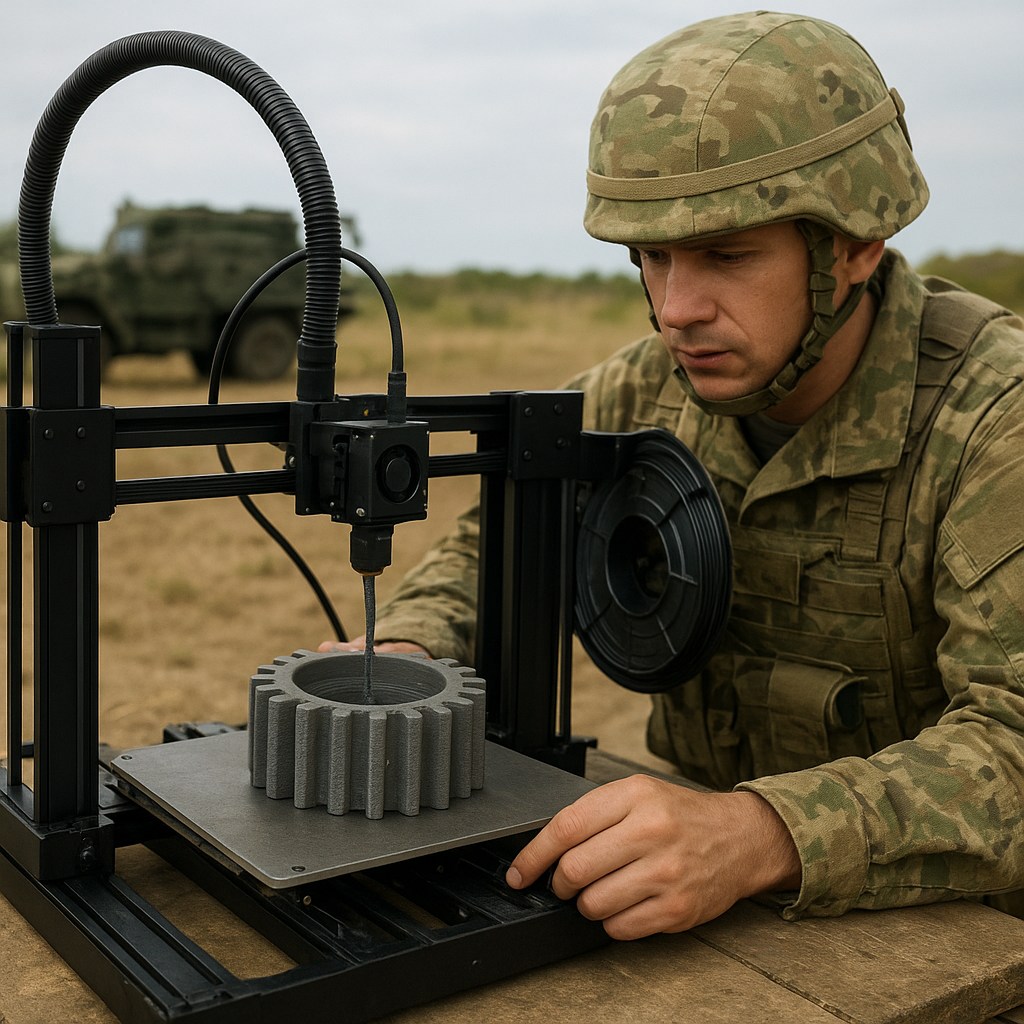
Cloud computing has emerged as a transformative force in the realm of industrial machine monitoring, offering unprecedented capabilities for data collection, analysis, and real-time decision-making. As industries strive for greater efficiency and productivity, the integration of cloud technologies into machine monitoring systems is proving to be a game-changer. This article delves into the ways cloud computing is revolutionizing industrial machine monitoring, exploring its benefits, challenges, and future potential.
The Role of Cloud Computing in Industrial Machine Monitoring
Cloud computing provides a scalable and flexible platform for industrial machine monitoring, enabling companies to collect and analyze vast amounts of data from their machinery. By leveraging cloud-based solutions, industries can monitor machine performance in real-time, predict maintenance needs, and optimize operations. This section explores the fundamental role of cloud computing in enhancing machine monitoring capabilities.
Real-Time Data Collection and Analysis
One of the primary advantages of cloud computing in industrial machine monitoring is the ability to collect and analyze data in real-time. Traditional monitoring systems often rely on on-premises servers, which can be limited in terms of processing power and storage capacity. In contrast, cloud-based systems offer virtually unlimited resources, allowing for the continuous collection of data from multiple machines across different locations.
With cloud computing, data from sensors and IoT devices can be transmitted to the cloud instantly, where it is processed and analyzed using advanced algorithms. This real-time analysis enables companies to detect anomalies, identify trends, and make informed decisions quickly. For example, if a machine starts to operate outside of its normal parameters, the cloud-based system can send alerts to operators, allowing them to take corrective action before a failure occurs.
Predictive Maintenance and Reduced Downtime
Predictive maintenance is another significant benefit of cloud computing in industrial machine monitoring. By analyzing historical data and identifying patterns, cloud-based systems can predict when a machine is likely to require maintenance. This proactive approach helps prevent unexpected breakdowns and reduces downtime, leading to increased productivity and cost savings.
Cloud computing enables the integration of machine learning algorithms that continuously learn from the data collected. These algorithms can identify subtle changes in machine behavior that may indicate an impending failure. By scheduling maintenance activities based on these predictions, companies can avoid costly repairs and extend the lifespan of their equipment.
Challenges and Considerations in Implementing Cloud-Based Monitoring
While the benefits of cloud computing in industrial machine monitoring are clear, there are also challenges and considerations that companies must address when implementing these systems. This section examines some of the key challenges and offers insights into how they can be overcome.
Data Security and Privacy
Data security and privacy are major concerns when it comes to cloud-based monitoring systems. Industrial machines generate sensitive data that, if compromised, could have serious implications for a company’s operations and competitive advantage. Ensuring the security of this data is paramount.
To address these concerns, companies must implement robust security measures, such as encryption, access controls, and regular security audits. Additionally, selecting a reputable cloud service provider with a strong track record in data security is crucial. Providers should offer comprehensive security features and comply with industry standards and regulations.
Integration with Existing Systems
Integrating cloud-based monitoring solutions with existing systems can be a complex process. Many industries have legacy systems that may not be compatible with modern cloud technologies. Ensuring seamless integration requires careful planning and execution.
Companies should conduct a thorough assessment of their current infrastructure and identify any potential compatibility issues. Working with experienced cloud service providers and system integrators can help facilitate a smooth transition. Additionally, adopting open standards and APIs can enhance interoperability between different systems.
The Future of Cloud Computing in Industrial Machine Monitoring
As cloud computing continues to evolve, its impact on industrial machine monitoring is expected to grow even further. This section explores the future potential of cloud-based monitoring solutions and the trends that are likely to shape the industry in the coming years.
Advancements in Artificial Intelligence and Machine Learning
The integration of artificial intelligence (AI) and machine learning (ML) with cloud computing is set to revolutionize industrial machine monitoring. These technologies will enable more sophisticated data analysis, leading to improved predictive maintenance and operational efficiency.
AI and ML algorithms can process vast amounts of data and identify complex patterns that may not be apparent to human operators. As these technologies advance, they will become more adept at predicting machine failures, optimizing performance, and even automating certain decision-making processes. This will result in smarter, more autonomous monitoring systems that require minimal human intervention.
Increased Adoption of Edge Computing
Edge computing is another trend that is likely to influence the future of industrial machine monitoring. While cloud computing offers centralized data processing, edge computing brings computation closer to the data source. This approach reduces latency and bandwidth usage, enabling faster decision-making and real-time responses.
By combining cloud and edge computing, companies can achieve a balance between centralized data analysis and localized processing. This hybrid approach allows for more efficient monitoring and control of industrial machines, particularly in remote or resource-constrained environments.
In conclusion, cloud computing is revolutionizing industrial machine monitoring by providing real-time data collection, predictive maintenance, and enhanced operational efficiency. While challenges such as data security and system integration exist, the benefits far outweigh the drawbacks. As technologies like AI, ML, and edge computing continue to advance, the future of cloud-based monitoring solutions looks promising, offering even greater potential for industries to optimize their operations and achieve new levels of productivity.

